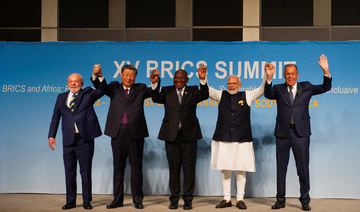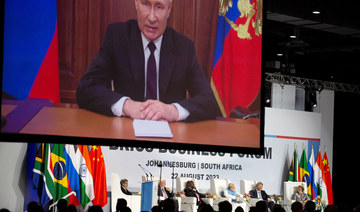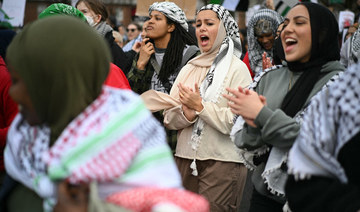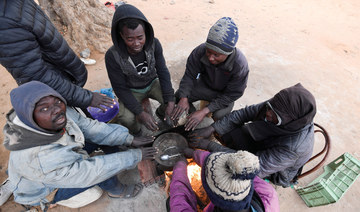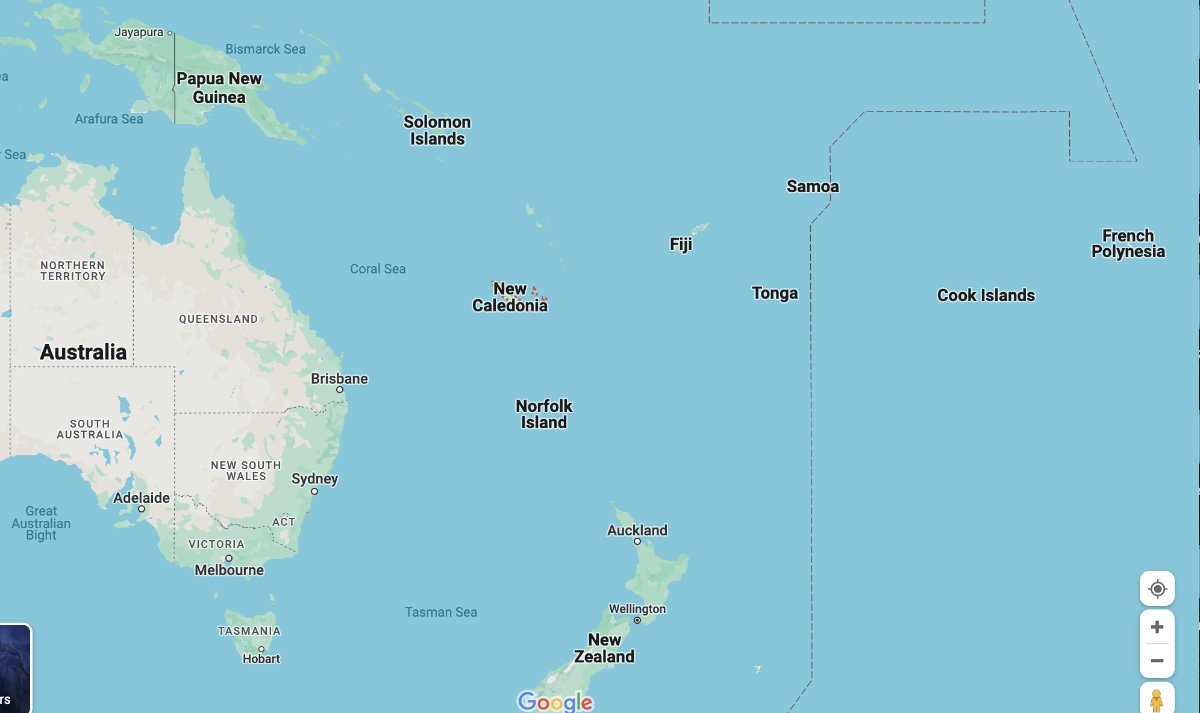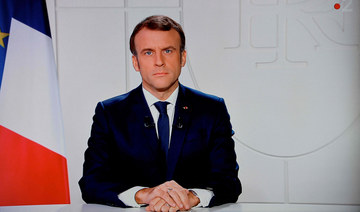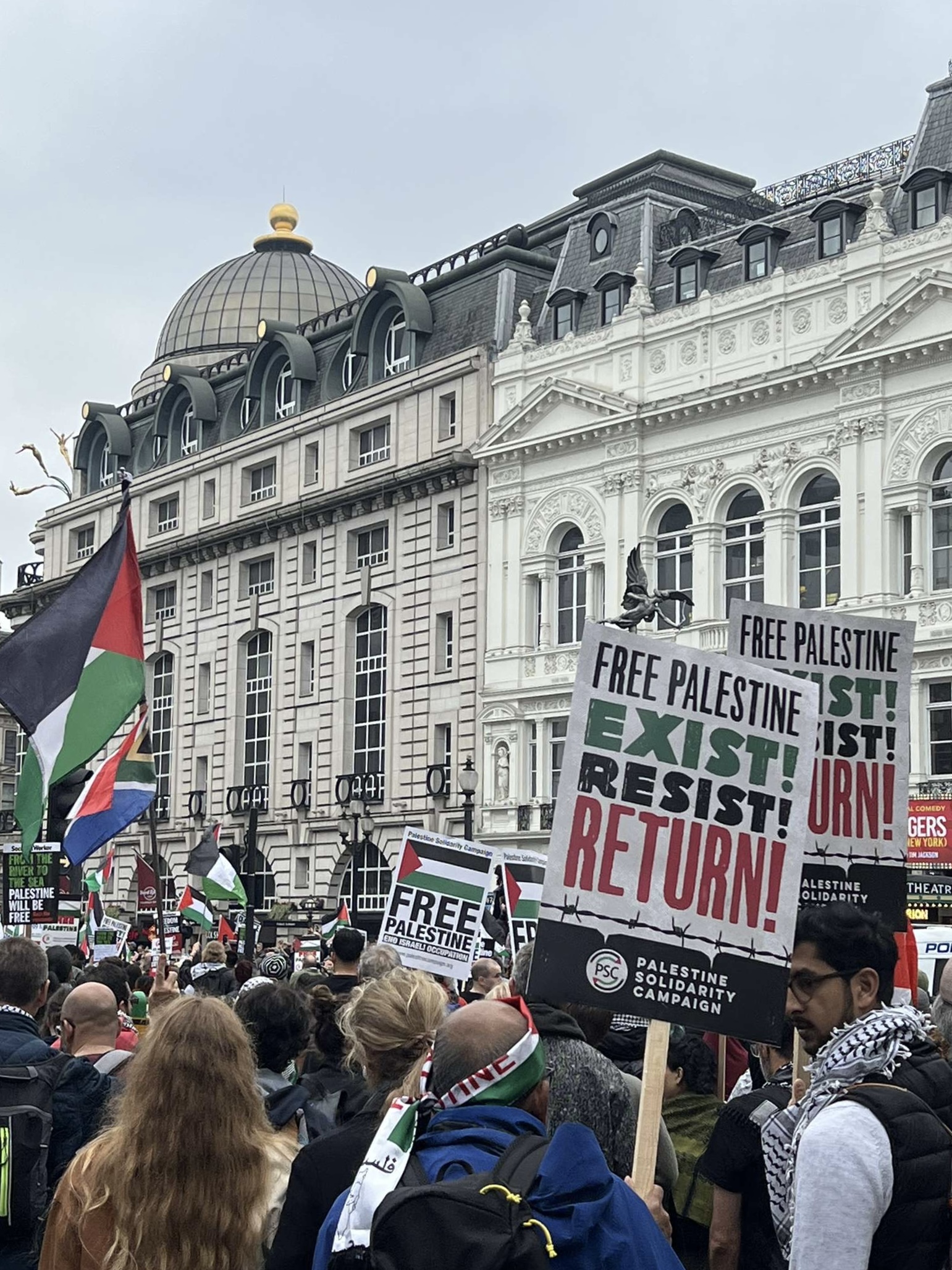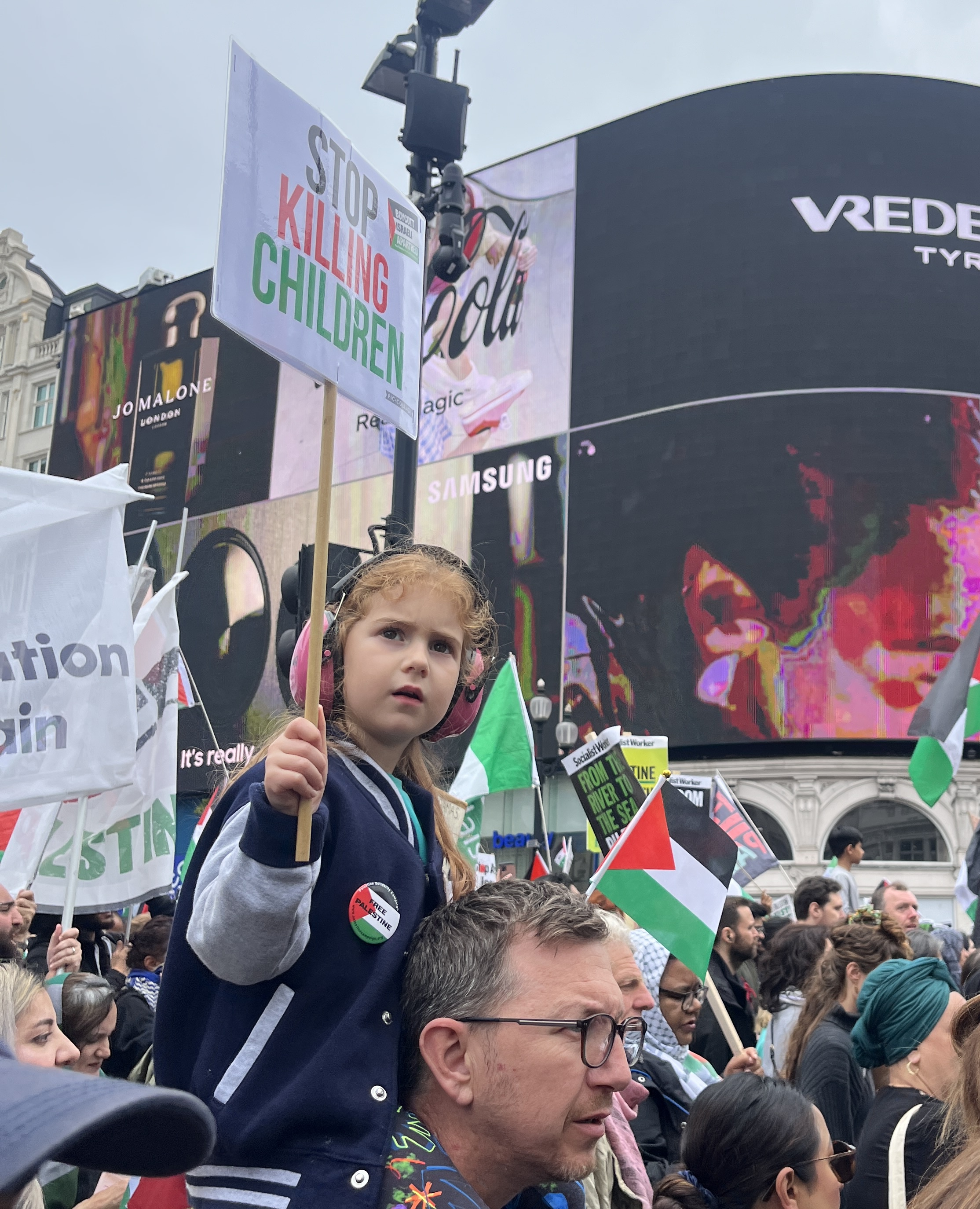JOHANNESBURG, South Africa: World leaders participating in the three-day BRICS summit taking place in South Africa’s Johannesburg this week have cast their eyes on the future of the global economy in what is viewed as an increasingly multipolar world.
The leaders of the BRICS countries, Brazil, Russia, India, China, and South Africa, will discuss trade, investment, infrastructure, climate change, and de-dollarization during the 15th annual summit, hosted by this year’s president South Africa from Aug. 22 to 24.
Xi Jinping, the Chinese president, was welcomed by his South African host and President Cyril Ramaphosa, as were India’s Prime Minister Narendra Modi and Brazilian President Luiz Inacio Lula da Silva. Russia’s President Vladimir Putin joined the summit via video link.
Saudi Foreign Minister Prince Faisal bin Farhan is heading the Kingdom’s delegation participating in the BRICS Plus and BRICS Africa Dialogue on behalf of Crown Prince Mohammed bin Salman.

Xi Jinping, the Chinese president, was welcomed by his South African host and President Cyril Ramaphosa. (AP)
The Saudi delegation includes the Deputy Minister for International Multilateral Affairs Abdulrahman Al-Rassi; Director General of the Office of the Minister of Foreign Affairs Abdulrahman Al-Dawood; and Director General of International Organizations Shahir AlKhonaini.
The BRICS countries are all united by their shared economic potential and their desire to play a more prominent role in the global economy. They are also united by their common challenges, such as poverty, inequality and climate change.
Representing 40 percent of the world’s population, and made up of economies that have varying levels of growth, the BRICS nations share a common desire for a global order they see as better reflecting their interests and rising influence.
“As we celebrate the 15th anniversary of BRICS, trade between BRICS countries totaled $162 billion last year,” Ramaphosa told assembled leaders on the opening day of the summit.
“Foreign investment has played an important role in the BRICS economy. We need to reaffirm our position that economic growth must be underpinned by transparency by inclusiveness. It must be comparable with the multilateral trading system that supports a developmental agenda.”
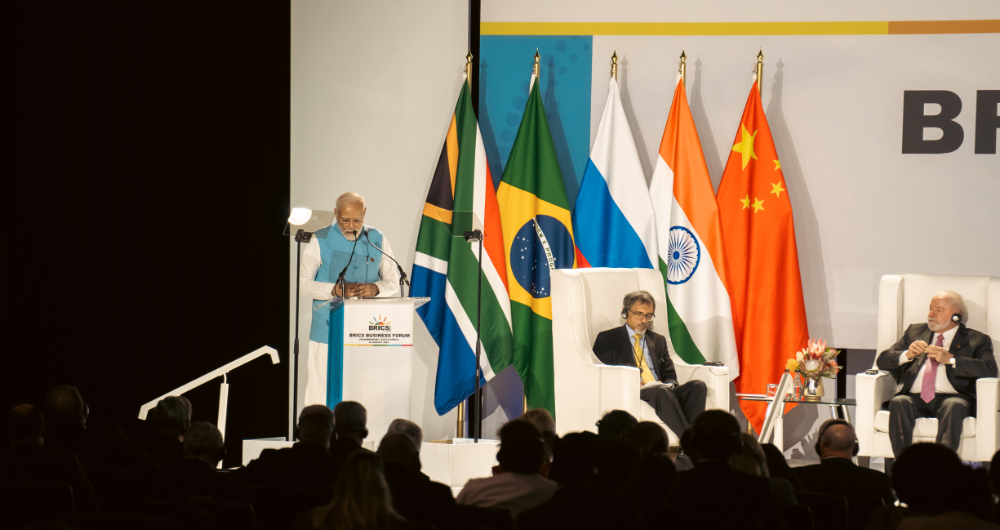
India’s Prime Minister Modi highlighted what he described as his country’s economic achievements and its potential to become a global growth engine. (AN Photo by Abdulrahman Shalhoub)
Indeed, such is the speed and scale of economic development in several of these countries, analysts believe Western governments cannot deny them a greater say in how the global financial and political order is managed.
Speaking at the BRICS Business Forum Leaders’ Dialogue in Johannesburg on Tuesday, India’s Prime Minister Modi highlighted what he described as his country’s economic achievements and its potential to become a global growth engine.
“Despite turbulence in the global economic situation, India is the fastest-growing major economy in the world,” Modi told forum delegates. “Soon, India will be a $5 trillion economy. There is no doubt India will be the growth engine of the world.”
Opinion
This section contains relevant reference points, placed in (Opinion field)
One of the key issues that is likely to be discussed at this year’s summit is the possibility of expanding the BRICS bloc to include new members.
China, Russia, and South Africa are in favor of expansion to transform the loosely-defined club of major emerging economies into a counterweight to the West and its institutions, while Brazil and India have been more skeptical.
In a social media broadcast from Johannesburg on Tuesday, Brazil’s President Lula said the BRICS bloc aims to organize the developing Global South — not to rival the US, G7 or G20.
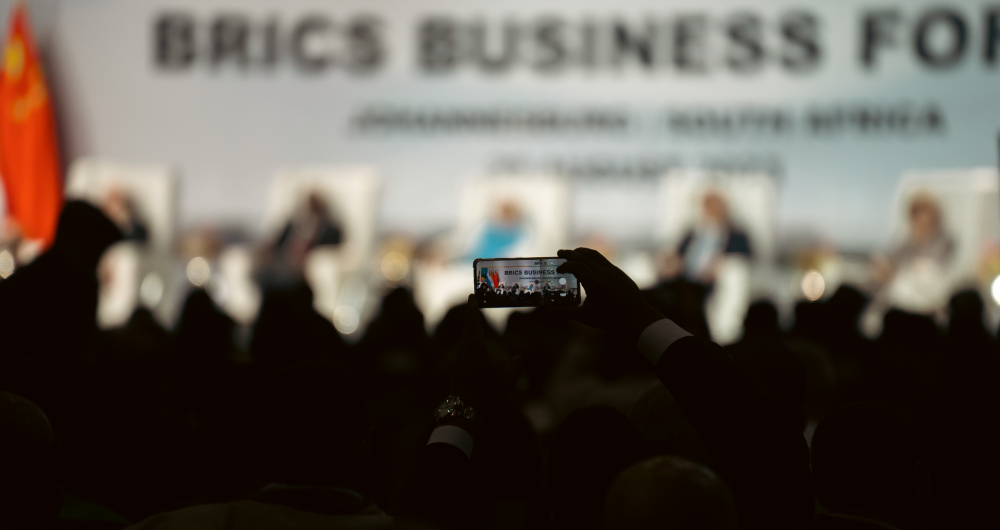
Almost 40 countries have expressed interest in joining the bloc. (AN Photo by Abdulrahman Shalhoub)
Lula has nevertheless endorsed the admission of new members, including fellow Latin American economy, Argentina.
In his address to the business forum, Lula highlighted the massive untapped potential of the African continent. “Fifty-four countries, 1.3 billion people with over $3 trillion in GDP in this continent,” said Lula, flagging the “countless” opportunities for cooperation with Brazil.
Almost 40 countries have expressed interest in joining the bloc, which began life as four nations in 2009 but expanded the following year to include South Africa.
These potential new members include Saudi Arabia, Egypt, Indonesia, Pakistan, the UAE, and Turkiye. According to officials, some 50 heads of state and government will attend this week’s summit.
The countries that are interested in joining are all major emerging economies with growing global influence. They are also all located in the Global South, which is the term used to describe the countries of Africa, Asia, and Latin America.

Russia’s President Vladimir Putin joined the summit via video link. (AN Photo by Abdulrahman Shalhoub)
Addressing the summit on Tuesday, Russia’s President Putin said the BRICS countries speak for the “global majority.”
“We cooperate on the principles of equality, partnership support, respect for each other, and this is the essence of the future-oriented strategic course of our association, a course that meets the aspirations of the main part of the world community, the so-called global majority,” he said.
If the BRICS decides to expand, it would cause a potential major shift in the global political and economic landscape, challenging the US and European preeminence in world affairs that has prevailed since the end of the Second World War.
However, there are challenges that need to be addressed before the BRICS can expand.
Analysts believe that in order to succeed, BRICS will need to ensure that all members are committed to the same goals and objectives; avoid creating a bloc that is seen as a rival to the West; and ensure that the expansion does not dilute the influence of existing members.
Another issue that is likely to be discussed at the summit is the possibility of de-dollarizing the global economy. This is the idea of moving away from the US dollar as the dominant currency in international trade and finance.
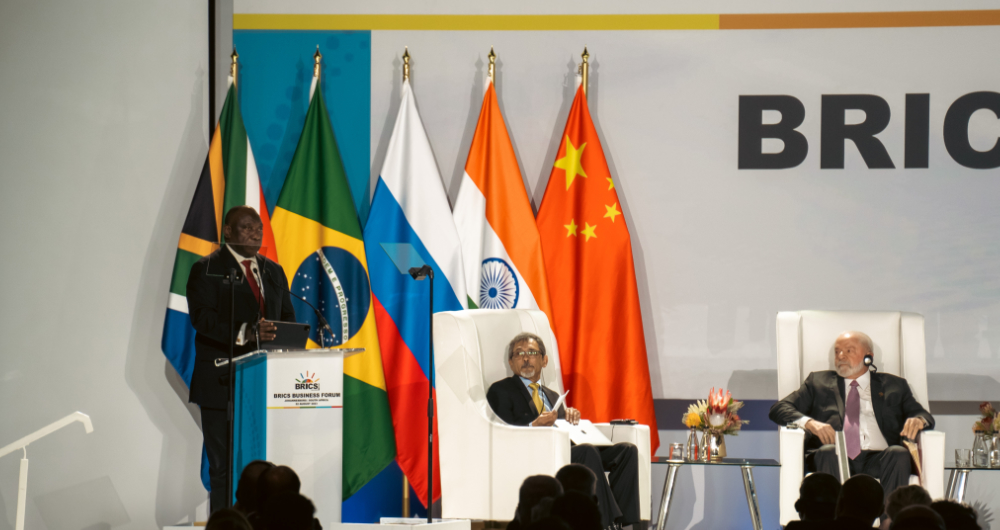
“BRICS is a vitally important forum which plays an important role in the reform of global governance and in the promotion of multilateralism,” said Cyril Ramaphosa, President of South Africa. (AN Photo by Abdulrahman Shalhoub)
There has been growing interest in de-dollarization in recent years, as some countries have become concerned about the US government’s ability to impose sanctions on them. China and Brazil recently agreed to manage their trade relationship in their own currencies.
However, de-dollarization is a complex and challenging issue. It would require a significant shift in the global financial system, and it is not clear whether it is actually feasible. Nonetheless, the dialogue alone might signal a sea change in the global power balance.






